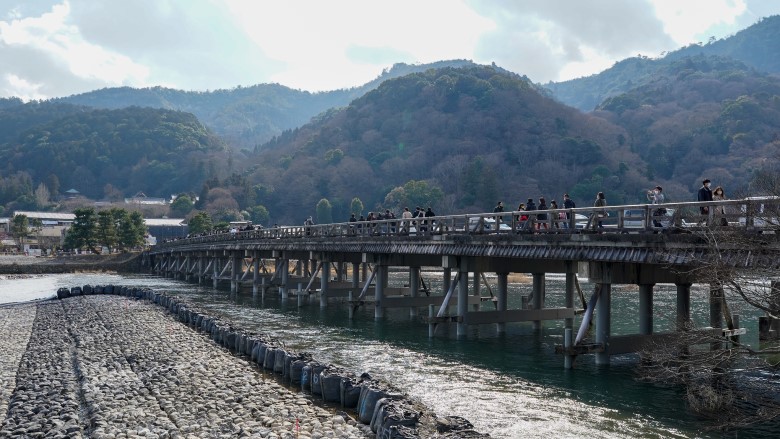

The World Bank Tokyo Development Learning Center (TDLC) in collaboration with the Sustainable City Infrastructure and Services Global Solutions Group (GSG), the Global Facility for Disaster Reduction and Recovery (GFDRR), the Disaster Risk Management and Resilience GSG, and the Climate-Smart Cities Community of Practice (CoP) is organizing a Technical Deep Dive (TDD) on Cities and Climate Change from March 11 to 15, 2024 in Tokyo and Kyoto. Delegations from seven countries and the World Bank staff, consisting of approximately 30 representatives from World Bank client countries engaged in urban development projects, will participate in this Technical Deep Dive (TDD).
Activities in cities are responsible for around 70% of greenhouse gas emissions. Emissions in cities could double by 2050 without mitigation efforts. Therefore, it is essential that cities take immediate action to achieve a carbon-neutral society. Low- and middle-income countries are no exception and must act now to move toward a low-carbon society. Cities must also adapt to the impacts of climate change. In fact, climate change is reported to affect regions like South Asia and Africa, where urban populations are growing more rapidly than that of other regions. These cities must adapt to the growing risks of climate change, such as coastal flooding and extreme heat, by strengthening urban resilience.
The TDD aims to deepen the understanding of urban climate adaptation and mitigation practices. It will explore topics such as transit-oriented development (TOD), nature-based solutions, energy-efficient buildings, and flood management. This TDD emphasizes cross-sectoral actions, integrating social inclusion and participation, highlighting how individual investments can address several climate goals simultaneously.
In this five-day program, participants will visit Futakotamagawa station area (Setagaya, Tokyo), an exemplary model of transit-oriented development (TOD) with a focus on urban greenery and the creation of a vibrant and resilient waterfront space. Participants will also inspect flood prevention measures that protect the landscape (Arashiyama, Kyoto), and rain gardens, which help mitigate urban flooding and reduce the heat island effect (Kyoto City).